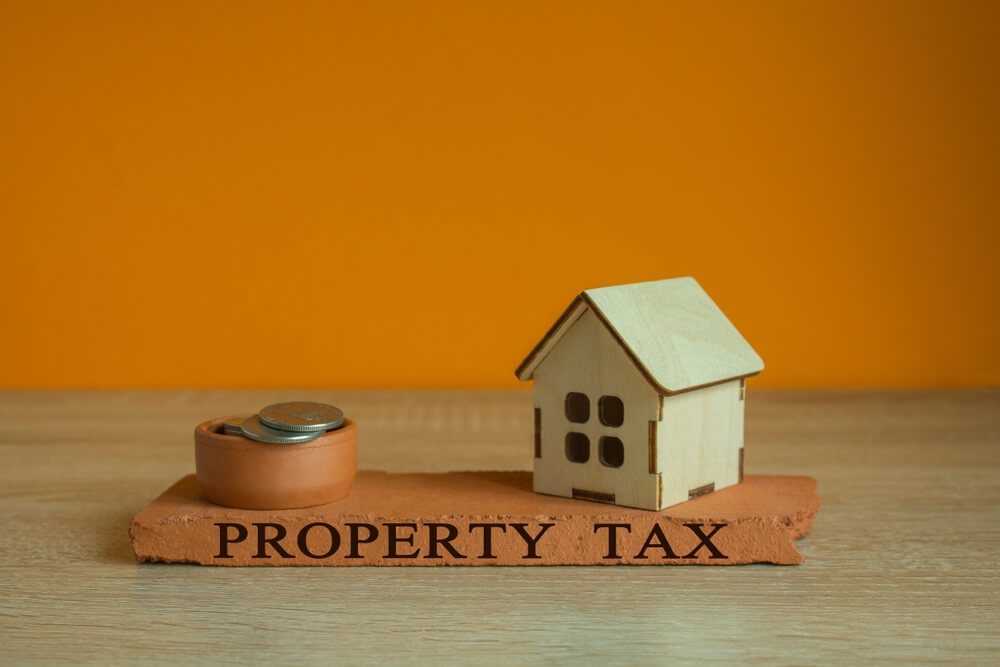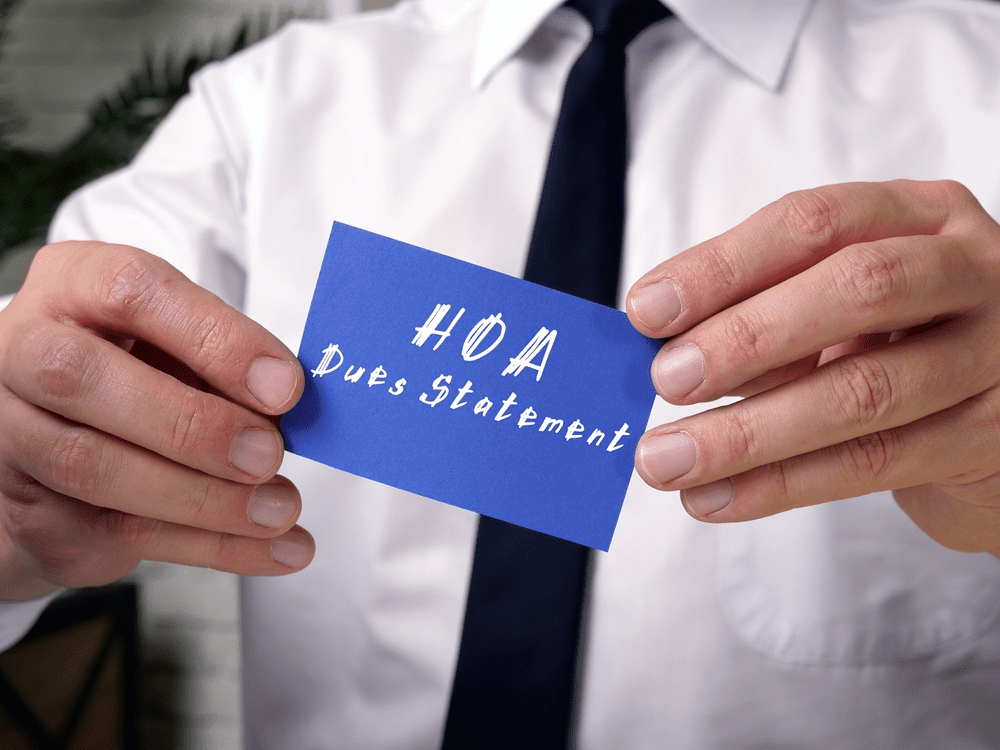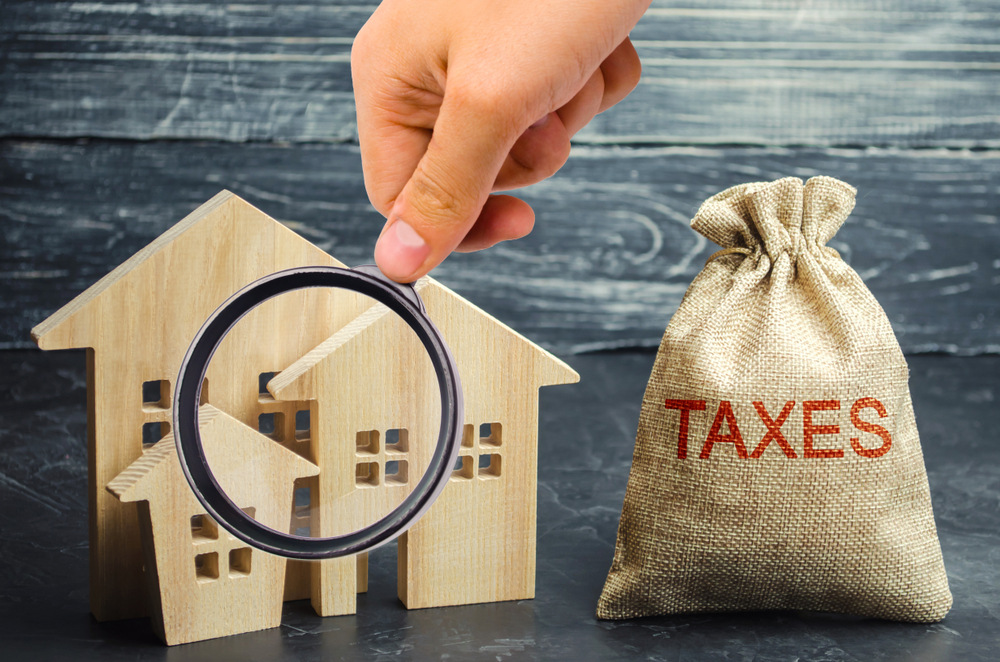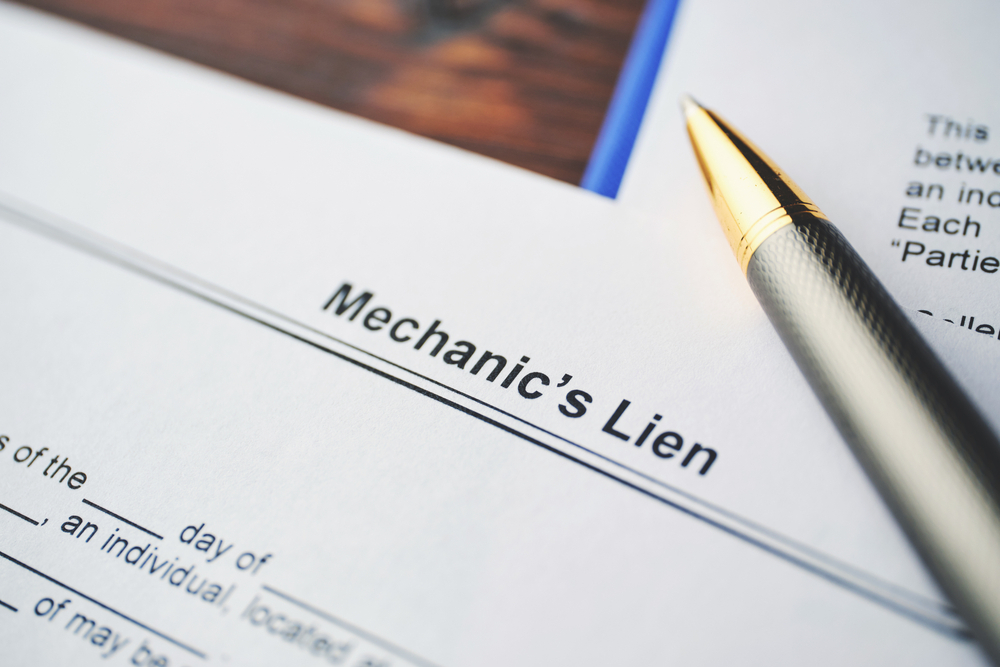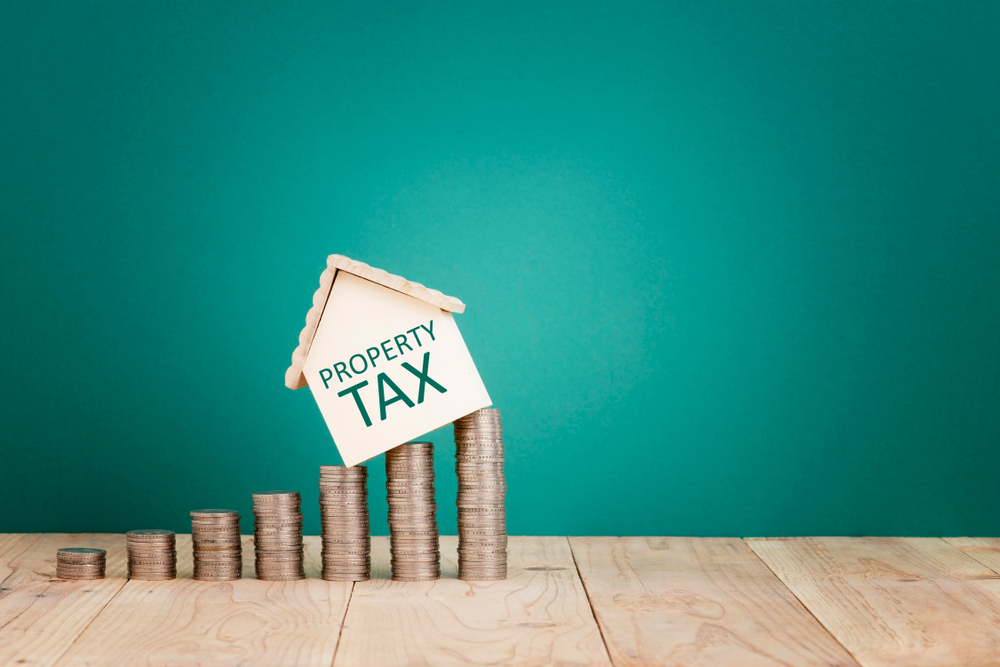Property Tax Guide: Understanding New York State’s Tax System
It is important to familiarize yourself with the myriad details and complications of the New York property tax system, such as annual rates, property taxes, and tax brackets. Are you investing in real estate in New York City? Buying a house near the big city? This explanation will give you all the information you need to know about property taxes in New York when you decide to buy a property in New York or NYC. What Are Property Taxes? Translated, property taxes are taxes on land or property. Property taxes = land taxes or property taxes Property taxes are ad valorem taxes paid for owning property; that is, they are based on the monetary value attributed to an item, land, property, etc. A property appraiser provides the basis for the calculation. The property tax is often confused with a tax on land ownership. However, this needs to be clarified. The majority of property taxes fall on real estate, as it is the most expensive property most people own. But property taxes can also be levied on airplanes, computers, furniture, etc. When you buy a house, you have to pay them upfront and then get them back from the seller. Property taxes are taxes on Real estate, airplanes, boats, etc. How Are Property Taxes Calculated? Property taxes are ad valorem taxes, which means that the amount you have to pay for these taxes is determined by the value of the property. This value is estimated by an appraiser and takes into account the location, age of the property, etc. Property taxes are typically a rate multiplied by the appraised value of the property. For example, a property in California is subject to a property tax of about 0.77%. For a property with a total value of $3 million, the owner must pay a property tax of $23,100. Tax billing = tax rate x property value Property Tax in New York Explained In New York, property taxes are quite high compared to other states. In New York State, property taxes change from year to year based on the needs of the state. To further complicate matters, unlike other tax rates, New York’s are calculated in annual rates. 1. Grinding rates are tax rates: The tax rates serve the same purpose and function very similarly to conventional property tax rates. The collection rate is primarily a number. This figure indicates the amount of property tax that the owner must pay on his property. A tax rate of 1 means a tax of $1 per property of $1,000, and a tax rate of 24 means a tax of $24 per property of $1,000. The milling rate of 1 means a $1 tax on a $1,000 property. 2. Home Valuation Ratios – Determine the Value of Your Home It seems complicated, but if you are thinking of buying real estate in New York, you should know what RARs are. RAR (Residential Valuation Ratio) is a method used by the state to compensate for fluctuations in the real estate market. You can challenge the appraisal you have received through the RAR if you believe your property is worth 10% less than what the appraisal describes. By law, equalization rates are used to divide taxes into tax zones that cross municipal boundaries. These tax zones can be school districts or the county. The RAR is a ratio that determines the valuation of your home. 3. Are your home’s property taxes too high? As always, there is an evaluation of the value of your home. To calculate the property taxes you will pay, you will typically calculate them by multiplying them by your county tax rate. In New York State, an approximate value is obtained by multiplying it by the Residential Assessment Ratio. This gives your property a value on which your property tax is based. Estimated value = Estimated value x RAR Real Estate Tax Exemptions in New York In New York, there are various tax exemptions. They exist with the intention of helping the disadvantaged. Keep in mind that these exemptions are tax deductions; that is, they reduce the value of the property on which taxes are paid. The STAR (School Tax Relief) program is for homeowners with incomes under $250,000, saving about $300 a year. For residential property owners over the age of 65 and earning less than $90,550, this can be improved through the STAR (School Tax Relief) program, saving about $650 per year. All applications must be submitted by the March 15 deadline. 1. New York City Property Tax Many people who want to buy a home in New York State are especially interested in the enormous metropolis to which it owes much of its fame. The Big Apple is made up of 5 counties, although these counties are counted here as municipalities and, therefore, do not have their own government bodies. New York City has an average property tax rate of 0.86% for its five boroughs. NYC real estate tax rate: 0.86%. 2. Buying a property: Personal income tax When purchasing property in New York City, you may be subject to the “Mansion Tax,” which begins with a 1% surcharge on property purchases valued at more than $1,000,000. This tax is designed to provide more funds to the state from people with high incomes or more capital. This tax is paid by the buyer, unlike the property transfer tax. For this reason, it is also a graduated tax since higher rates apply to higher property prices. These rates range between 1% and 3.9%, depending on the value of the property. Below are the tax rates for mansions, depending on the amount for which the property is purchased. 1.00% $1,000.00 < $1,999,999 1.25% $2,000,000 < $2,999,999 1.50% $3,000,000 < $4,999,999 2.25% $5,000,000 < $9,999,999 3.25% $10,000,000 < $14,999,999 3.50% $15,000,000 < $19,999,999 3.75% $20,000,000 < $24,999,999 3.90% $25,000,000 or more The mansion tax is just one of the taxes that must be paid when purchasing a property. 3. Building Classes – What
Property Tax Guide: Understanding New York State’s Tax System Read More »


